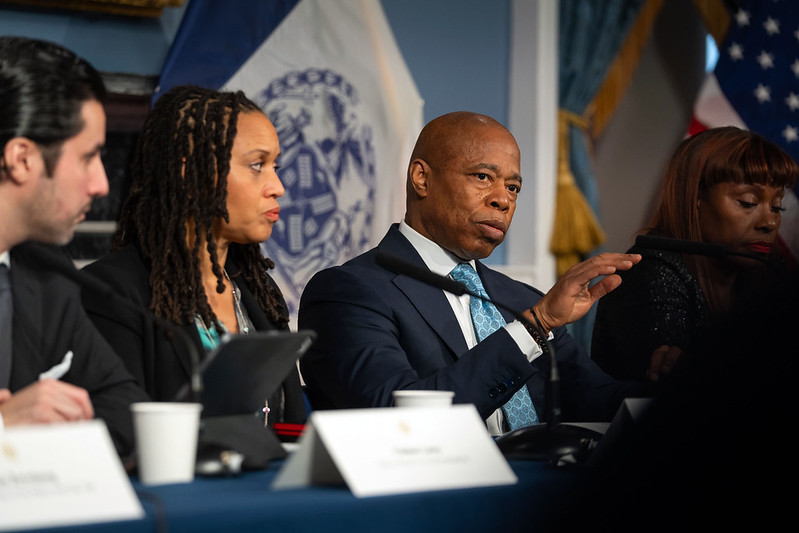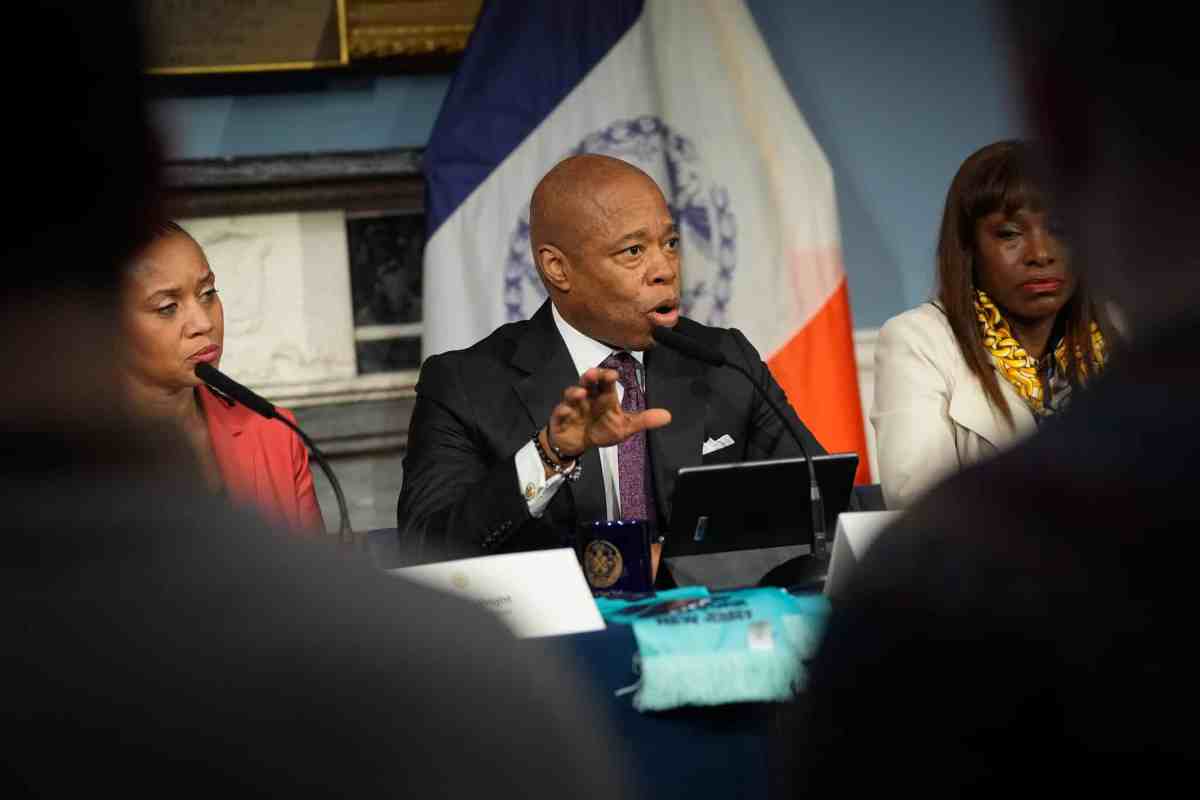By Tom Allon
It is becoming more and more difficult for those who want to serve as public servants to have private lives — or private communications — while serving in office. The Hillary Clinton e-mail controversy recently brought this issue into the public eye in dramatic fashion.
Clinton decided not to use her government e-mail while serving as secretary of state for four years, and instead set up a private e-mail and server out of her Westchester home. Some see this as a nefarious attempt to skirt government rules and scrutiny while others argue that this was an innocent move to protect her privacy.
But as has been revealed in recent days, there was no official policy in place at that time that required Clinton or any other government official to use and keep their e-mails in the official U.S. government e-mail system. Clinton violated no laws and many people who work in government use their private e-mail addresses for much of their correspondence.
Should Hillary have done what many people in government and the private sector do — keep two smart phones, one for work correspondence and the other for her personal life? Perhaps this would have been the more prudent course for her, given the level of scrutiny she should have known she would be under if she embarked on another presidential campaign.
At her press conference about this — a bizarre twist in the life of the most followed woman on the planet — Clinton talked about the “convenience” of not using two different accounts and the need to protect her personal e-mails with her husband, or about her yoga classes or about her new granddaughter.
All of this is humanizing and understandable on one level and makes one wonder why there is so much attention being paid to one public servant’s seemingly innocent decision to keep her communications private and to have some control over what the public gets to see.
This dilemma and debate is a very modern one. We were not discussing these issues in the 1970s or 1980s, before the advent of e-mail, when public figures may have kept diaries or even taped some of their official conversations (remember Richard Nixon’s famous White House tapes?).
Even Bill Clinton, who was elected president more than two decades ago, says he has only sent two e-mails in his entire life (which seems to contradict Hillary’s claim that some of the e-mails she was keeping private were those with her husband). Any record of Bill’s days in office are revealed in his books, or in the memoirs of those in his administration, not through digital recordings on the government website.
What is interesting about all of this is that the new communication technologies that have supposedly made life easier and more connected are now making things much more complicated for those in public office. There are no standard rules or protocols mandating that elected leaders only use government e-mail accounts for the business of governing.
So, what is the lesson of the Hillary Clinton e-mail debate? Should people who are either elected or appointed to high-level positions in government be required to use these accounts only for their official business? Should journalists and the general public gain access to this information after a certain period of time?
These are important questions to ask and to debate, but right now it seems like there is no one standard that makes sense. It would seem reasonable that if you are the secretary of state, handling delicate negotiations worldwide, that even your work e-mails would be classified top secret for a number of years unless they are subpoenaed by Congress if there is an investigation into wrongdoing.
And then, of course, there is the question of how long government e-mails should be archived in the government server, another modern dilemma that emerged last week when it was revealed that New York State employees have their e-mails automatically deleted every 90 days. Does this serve the public good in any way? Probably not, since there may be a need at a later date to conduct investigations that would involve correspondence from government workers.
All these 21st century issues will become a thing of the past down the road. Millennials, and those just coming of age to vote hardly use e-mail and most communication is done through text or new social media apps like Snapchat, which erases all record of communication within 10 seconds after they are sent.
But in the meantime, since we have a generation of leaders like Hillary Clinton, who rely mostly on e-mail for their day-to-day communication, we will have to grapple with enacting rules and standards for those who are given the public trust.
I say give them two phones, and let them keep their personal correspondence privileged and private. Then there will be no ambiguity and we will give our leaders the privacy they crave and deserve.
Tom Allon, president of City & State NY, was a Republican and Liberal Party-backed mayoral candidate in 2013 before he left to return to the private sector. Reach him at tallo
































